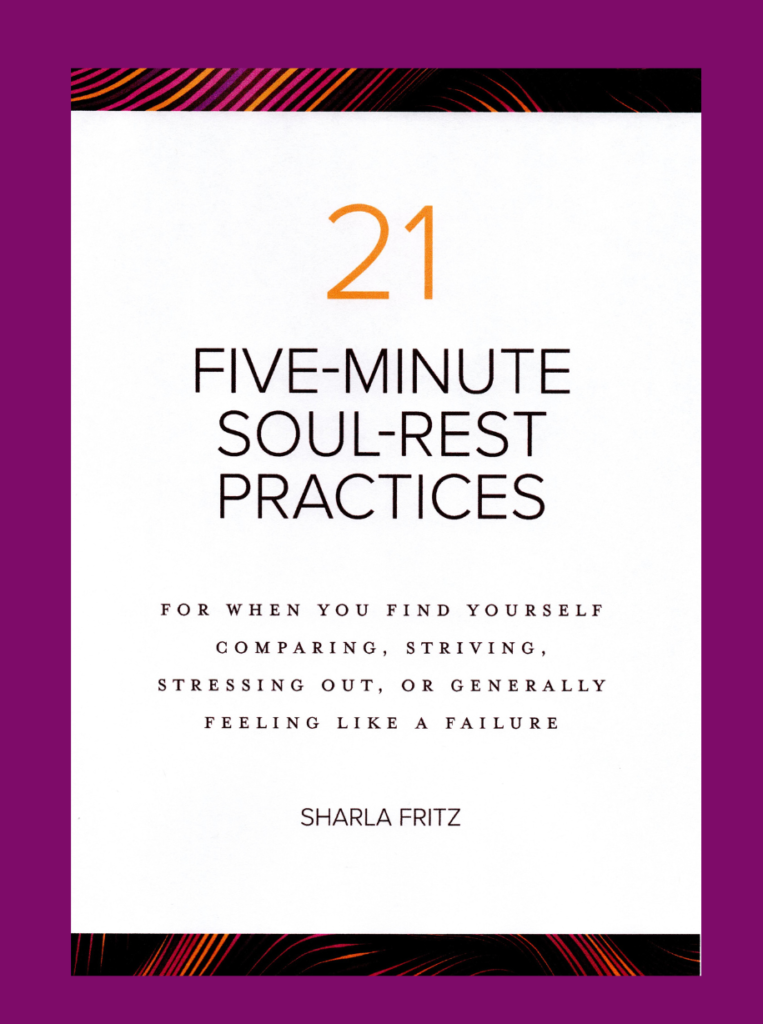
My husband has been diagnosed with lymphoma and has begun the road to recovery. Recently he had his first round of chemotherapy. The effects of the drugs were amazing. Just three short days after competing the infusion of drugs, we saw a major reduction in the visible tumors! We praise God for the healing that is taking place.
Unfortunately there are also negative side-effects. He has a severe sore throat–making talking very painful. One of the drugs gives extreme exhaustion. But one of the other medicines has the maddening side effect of the inability to sleep.
In all of life we experience unexpected side effects to circumstances and choices in our lives–not all of them positive. But there is one choice we can make that promises many positive side effects–
the choice to praise God
Of course, we praise God simply because He deserves praise. Psalm 65:1 says, “Praise is due to you, O God, in Zion.” God is holy, mighty, loving, generous, and merciful. He is the King of the universe and the Lord of our hearts and so we praise Him. In fact, there are times when our hearts nearly burst with praise for the Ruler of all–who is also the One who holds our hands.
But even while we are praising God for who He is, we may experience some side effects:
Praise lifts our souls out of despair. In Psalm 42:5 the psalmist instructs his soul to praise God, “Why, my soul, are you downcast? Why so disturbed within me? Put your hope in God, for I will yet praise him, my Savior and my God” (NIV) He doesn’t feel like praising the Lord in that moment, but He knows God is the source of hope. When we praise God we change our focus from our problems to the God who is bigger than any difficulty. Despair is defeated and hope is reborn.
Praise brings us to the presence of God. You may have heard the phrase, “God inhabits the praises of His people,” This is a paraphrase of Psalm 22:3, “But thou art holy, O thou that inhabitest the praises of Israel” (KJV). God, of course, is present everywhere. He inhabits every church, every home, every valley, every forest–but we don’t always notice Him. Praising the Lord of the universe reminds us He is right here with us.
Praise lets others know what God has done. Praise is an effective evangelism tool. Psalm 40:3 says, “He put a new song in my mouth, a song of praise to our God. Many will see and fear and put their trust in the Lord.” People are looking for the answers to their problems. They are searching for something bigger than themselves. When we praise God for what He has done and for who He is, others see the difference God makes. They are drawn to the God of mercy and love.
So praise God. Praise Him for His power, generosity, and grace. Experience the positive side effects.



















 What exactly is a storm sister?
What exactly is a storm sister?












Follow Me!